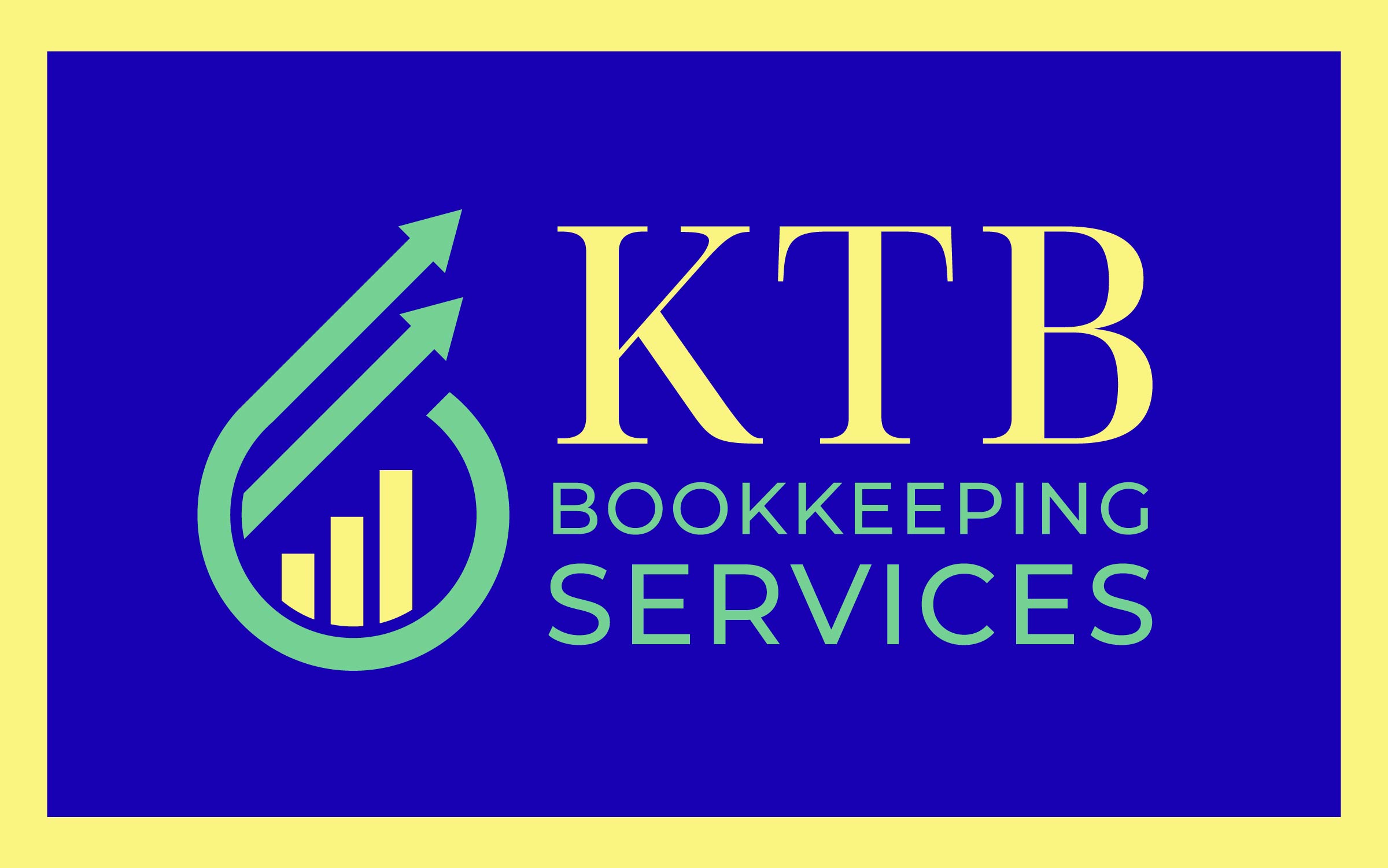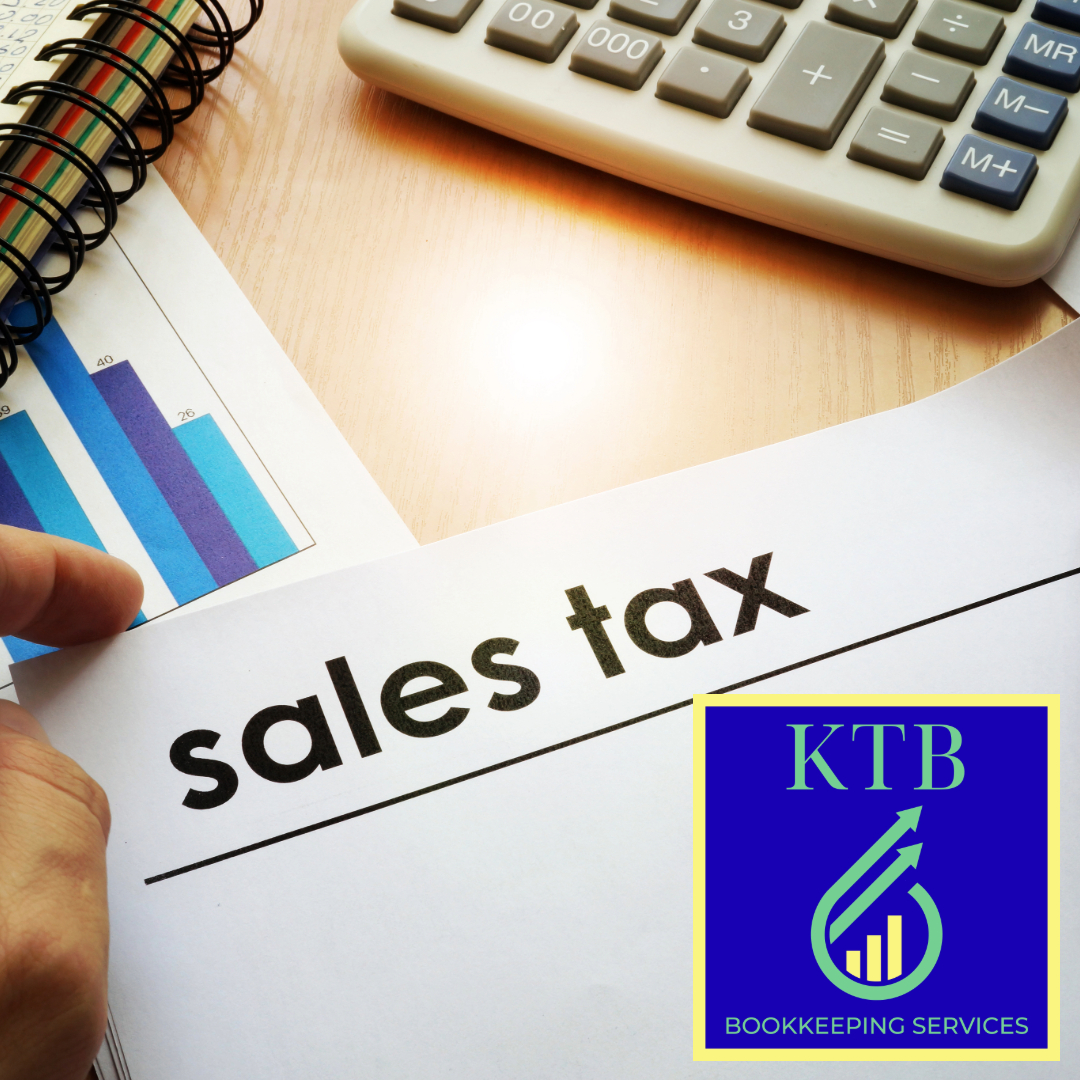Managing your business’s finances can be a daunting task, especially when it comes to correctly accounting for sales tax in QuickBooks. Did you know that sales tax is neither income nor a liability? It’s a common misconception that trips up many business owners, but we’re here to clear things up!
So, What Exactly is Sales Tax?
Sales tax is an amount collected from your customers at the point of sale and passed on to the state. You’re simply the middleman in this transaction. Unlike income, which you get to keep, or a liability, which you owe, sales tax doesn’t belong to you at all—it’s the state’s money. Your role is to collect it and ensure it’s paid to the appropriate tax authority.
How is Sales Tax Handled in QuickBooks?
When you enter sales transactions in QuickBooks, the software helps you track the sales tax collected from each customer. But remember, sales tax collected is recorded separately from your business income. QuickBooks will set this amount aside in a special Sales Tax Payable account, which helps you keep track of how much you owe to the state at any given time.
Why This Matters:
Properly managing sales tax is crucial for staying compliant with state regulations and avoiding penalties or fines. Mismanagement or confusion over sales tax can lead to issues like overpaying or underpaying or even being subject to an audit. Understanding how to handle sales tax correctly in QuickBooks is essential for maintaining your financial health and peace of mind.
Feeling Confused? We’re Here to Help!
If you’re unsure how sales tax is accounted for in your QuickBooks software or need guidance on handling it, don’t hesitate to reach out. Your professional bookkeeper at Keeping The Books is here to help make sense of it all, ensuring that your business remains compliant and your financials are in perfect order.
📧 Have questions? Contact us today, and let’s get your sales tax under control. We’re just an email away at info@keepingthebooksne.com, ready to support your business with expert bookkeeping services.



